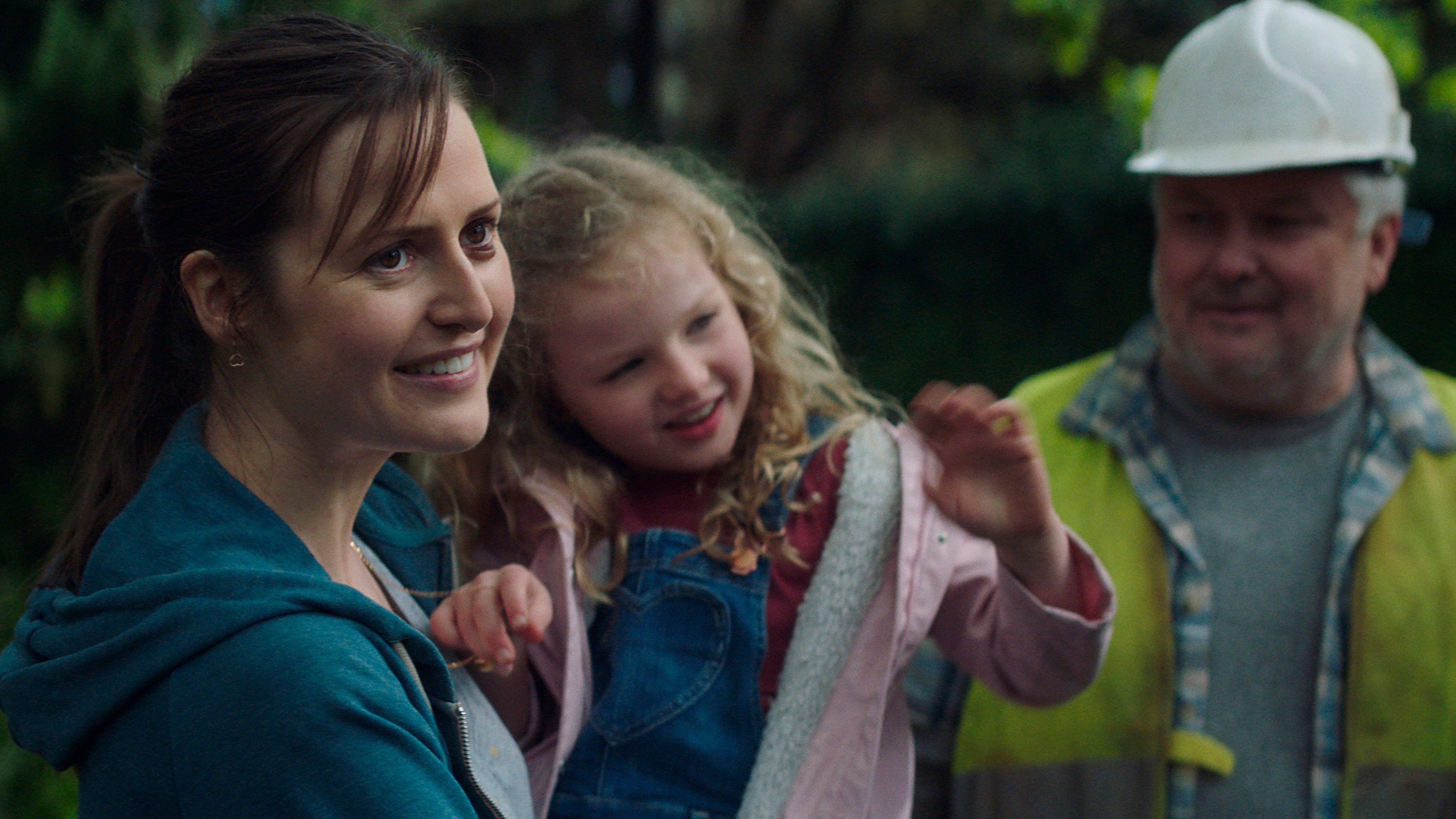Review: 'Herself,' a spirited drama of abuse and resilience
Phyllida Lloyd’s “Herself,” an Irish drama of spousal abuse set against a social housing crisis, has some narrative weak spots but its foundation is strong

Your support helps us to tell the story
From reproductive rights to climate change to Big Tech, The Independent is on the ground when the story is developing. Whether it's investigating the financials of Elon Musk's pro-Trump PAC or producing our latest documentary, 'The A Word', which shines a light on the American women fighting for reproductive rights, we know how important it is to parse out the facts from the messaging.
At such a critical moment in US history, we need reporters on the ground. Your donation allows us to keep sending journalists to speak to both sides of the story.
The Independent is trusted by Americans across the entire political spectrum. And unlike many other quality news outlets, we choose not to lock Americans out of our reporting and analysis with paywalls. We believe quality journalism should be available to everyone, paid for by those who can afford it.
Your support makes all the difference.Phyllida Lloyd s “Herself,” an Irish drama of spousal abuse set against Dublin's housing crisis, has some narrative weak spots but its foundation of resilience and heart is strong.
Previous forays into film by Lloyd, a veteran theater director, have been more elaborate, starrier affairs ("Mamma Mia!" “The Iron Lady"). But “Herself” is a smaller, neo-realistic and often stirring story about Sandra (Clare Dunn, who co-wrote the script with Malcolm Campbell), a mother of two daughters (Molly McCann, Ruby Rose O’Hara) and the wife of a monstrous brute, Gary (Ian Lloyd Anderson).
Some of the major beats in “Herself” verge on cliche but everything in between rings true thanks to Dunn’s steadfast performance and the film’s acute sense of humanity. The film begins almost immediately with the ruthless beating of Sandra by Gary. It's an anguishing scene, of course, though one, given its blunt timing in the film, divorced from any connection to the characters. Still, Lloyd from the start keeps the camera's focus on the connection between Sandra and her young girls, whom she sends running as soon as Gary comes home.
The bond between Sandra and daughters — both of whom are far more natural than most children seen in movies — is the abiding through line of “Herself,” as is Sandra's determination to find a safe home for her children. Housing and homelessness has been a problem in Ireland in recent years, and it's not uncommon for those needing public housing to be put up in hotels for months or even years. When Sandra approaches the housing authority, which places her in a hotel, “Herself” verges on the kind of social realism Ken Loach specializes in. Sandra comes up with a novel pitch: If she builds her own house from a kit costing about $50,000, she'll actually cost the government less money.
Sandra, a waitress at a pub, finds an unlikely benefactor in a physician she helps care for (a very good Harriet Walter) who offers a backyard as a plot. Through pluck and community, Sandra assembles a small, improvising crew of helpers, led by a reluctant but kindly contractor named Aido (Conleth Hill, also very fine). A warm spirit of neighborly goodwill grows as everyone pitches in, which Aido attributes to the Irish the old Irish term of “meitheal.”
That may sound like a feel-good, made-for-the-movies tale, and “Herself” does indeed conjure an air of fable. But the film, earthy and sober, refuses to be carried aloft by sentiment, instead navigating a difficult and painful path toward self-preservation and renewal.
“Herself,” an Amazon Studios release out Friday on Amazon Prime Video, is rated R by the Motion Picture Association of America for language and some domestic violence. Running time: 97 minutes. Two and a half stars out of four.
___
Follow AP Film Writer Jake Coyle on Twitter at: http://twitter.com/jakecoyleAP